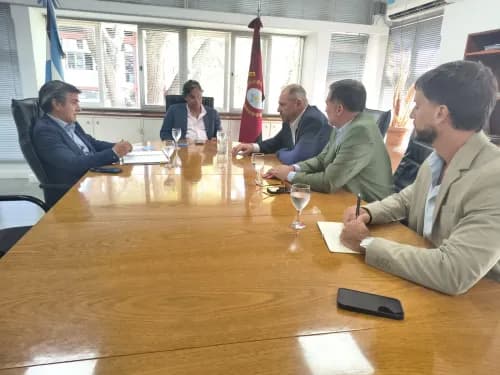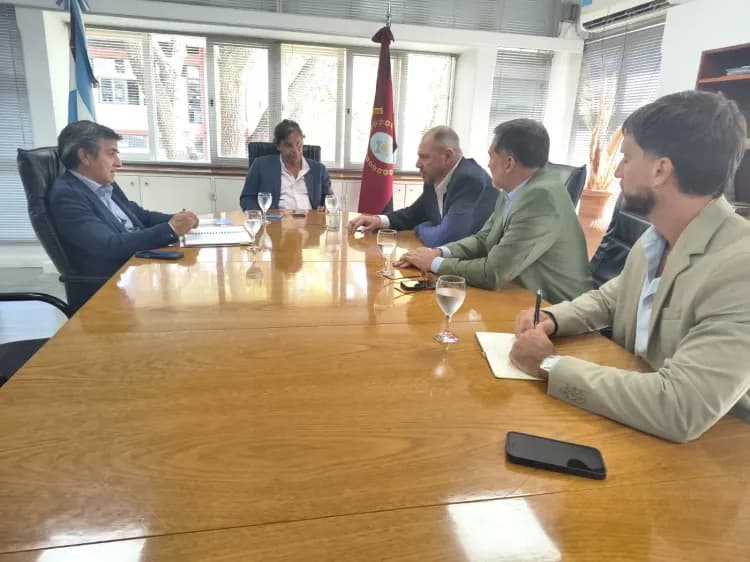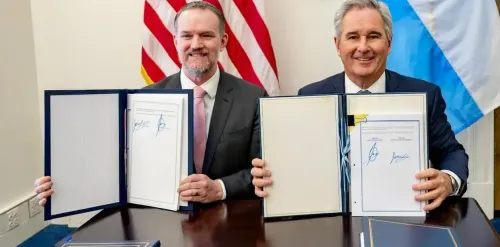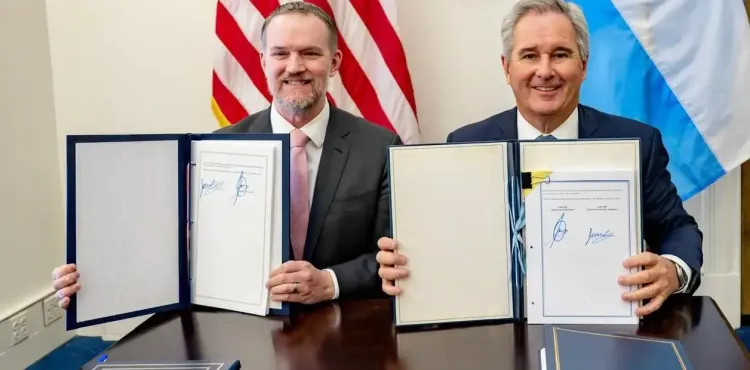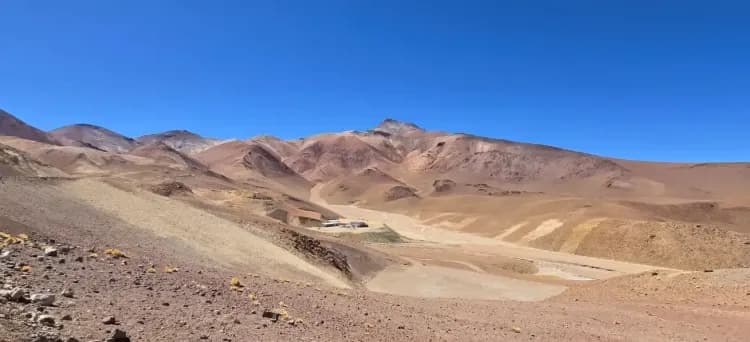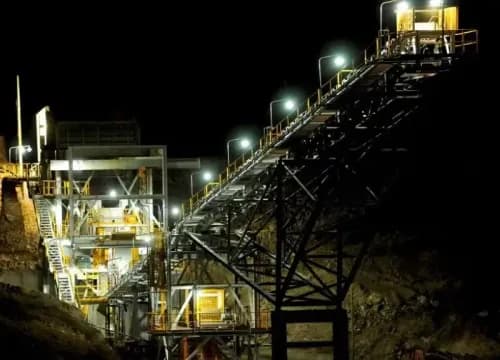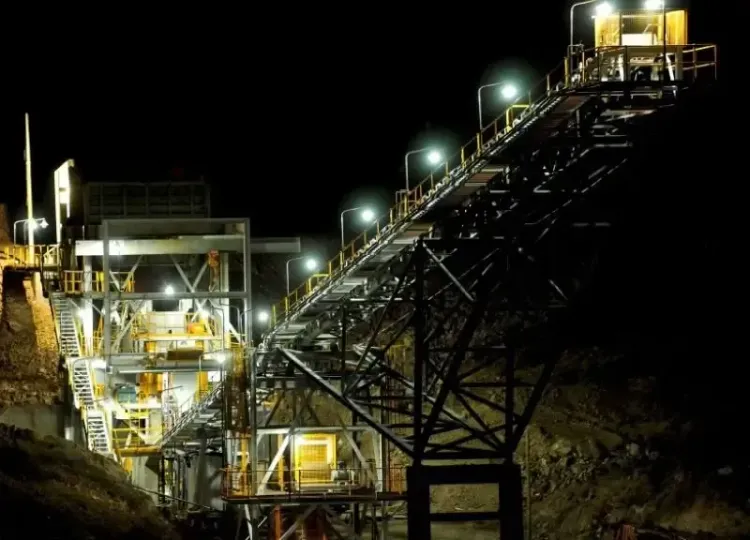In a day marked by intense deliberations in the Argentine Senate, the Bases Law has finally been approved, a legislative milestone that clears the path for the implementation of economic policies proposed by President Javier Milei. Earlier in the day, the national leader addressed the 11th Expo EFI in Buenos Aires, where business leaders and key officials discussed new horizons for the national economy. There, he staunchly defended his government's policies, calling for necessary reforms "to make Argentina grow" and conditioning the opening of currency controls on the cleanup of various economic aspects.
By Panorama Minero
The Bases Law, viewed as a cornerstone of the government's reform agenda, has been fervently championed by Milei, who likened it to the historic Menem-era state reform. Among the highlighted measures that could be implemented is the RIGI, an incentive regime aimed at large investments, promising significant impact on sectors such as mining, which heavily rely on international capital.
During the event in Buenos Aires, Milei vigorously defended his "successful" stabilization plan against critics who argue that the program is "inconsistent, lacks a plan, or that the worst is yet to come." He also hinted at the possibility of seeking reelection in 2025 to "restore Argentina as a powerhouse." Despite the Senate's later approval of the Bases Law with the decisive vote of Victoria Villarruel, the president emphasized, "In addition to this law, we have 3,000 more reforms to propose. If they are not approved now, we will propose them by December 2025."
Accompanied by his spokesperson, Manuel Adorni, Milei reviewed the inherited situation and the changes implemented during his first six months in office. In his address, he highlighted, "What we aimed to achieve in a year with financial surplus, we achieved in the first month. Some question a program that reduced inflation from 17,000% annually to 50% annually. Our inflation policy is a success. When we started, there was talk of hyperinflation; now we are issuing 30-year mortgages." He further emphasized, "I understand consultants are paid, but this is not magic. Zero deficit is non-negotiable. They will have to take me out of the Casa Rosada in a coffin to break the fiscal deficit."
Meanwhile, Economy Minister Luis Caputo supported the law's approval at Expo EFI, emphasizing the continuity of the economic course regardless of its outcome. "Nothing will stop us," he assured, aligning with Milei's vision of a necessary structural change to restore the country's credibility. Caputo highlighted achievements in reducing inflation and fiscal deficit during the early months of the administration, underscoring the economic team's determination to fulfill campaign promises.
While the Bases Law opens new prospects, its impact on key sectors like mining sparks debate. Some analysts and industry leaders warn of potential fluctuations in real benefits for the sector, while others see these changes as an opportunity to revitalize a strategic industry. Part of this discussion took place at one of Argentina's recent mining events, San Juan Mining Expo 2024, where tensions arose between the union sector led by Héctor Laplace of the Argentine Mining Workers' Association and other public and private stakeholders advocating for RIGI as a central tool to catalyze necessary investments in major projects linked to energy transition.
Thus, Wednesday became a pivotal day for Javier Milei's administration. The approval of the Bases Law represents a significant milestone in his tenure, enabling him to advance his economic agenda after six months in office. The future will reveal how these reforms will impact the national economy and specific sectors like mining, which will closely monitor future developments with both expectations and caution.










